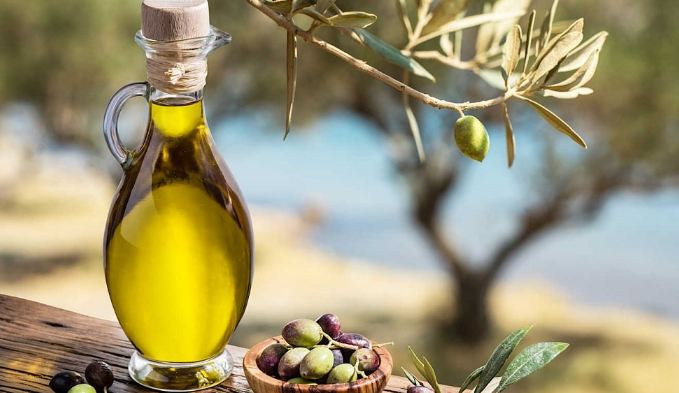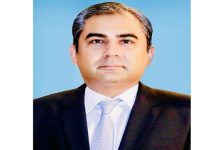DNA
Islamabad: The Pakistani society was committed to promoting Olive culture in the country, agreed a panel of experts from the Embassy of Italy and the Institute of Regional Studies (IRS). The experts were addressing a Roundtable discussion on “Holistic Development of Pakistani Olive Supply Chain” organized by the IRS here on Wednesday
Representatives from the Italian embassy and government, along with stakeholders in Pakistan’s agriculture industry, gathered today to discuss the development of the Pakistani Olive Value Chain. The project began in March 2022 and has involved stakeholder training in preparation for today’s discussions, which aimed to gather necessary input from all parties involved.
Italian Ambassador, in a welcome speech at a stakeholder discussion, expressed that the best kind of olive needs experts and if Pakistanis get used to using olive oil, the Italian government would love to continue the project.
Dr. Constantino Parma, who represents the government and international organizations, spoke next and stressed the importance of collaboration in the project. He thanked all the attendees and emphasized the need to determine an action plan.
Dr. Gianluigi Cartone, a rural policy expert from CIHEAM Bari, presented his recommendations for a holistic development of the Pakistani Olive Value Chain, including a SWOT analysis and suggestions for increasing production through the use of machines. To support the growth of the olive industry in Pakistan, stakeholders agreed on the formation of a Pakistan Olive Oil Association/Council, which would include representation from public and private sector stakeholders to regulate and govern the sector. The association would provide training and guidelines on best practices, such as HACCP, GMP, and Global GAP, to promote awareness of healthy food and olive tourism
Other stakeholders also shared their ideas, such as a competition for the best olive oil globally and locally, the importance of standardization and certification, and the need to implement OliveCulture as a cultural movement to connect producers and share knowledge.
Hareem Amna shared the learnings from her study tour, including the efforts of women entrepreneurs in Italy in building their farms. Sara Babar appreciated the effort of the Italian team and their knowledge-sharing with Pakistan to help grow the Olive Value Chain. Azmat Ali Awan suggested a competition to find the best olive oil, and Buzdar shared his experiences in cultivating olives.
Aarij Iqbal stressed the need for implementation of OliveCulture and the importance of collaboration between private and public sectors to achieve standardization, sustainability, and certification. Dr. Tariq highlighted the high demand for olive cultivation in Balochistan and the efforts to supply 1.5 million certified olive plants this season. The event concluded with the formation of the Pakistan Olive Oil Association/Council and a focus on promoting awareness of healthy food and olive tourism through olive festivals, expos, and roadshows.
Overall, the event was a promising step towards the development of the Pakistani Olive Value Chain, with stakeholders agreeing to work together to overcome challenges and leverage opportunities to drive growth in the sector.

















